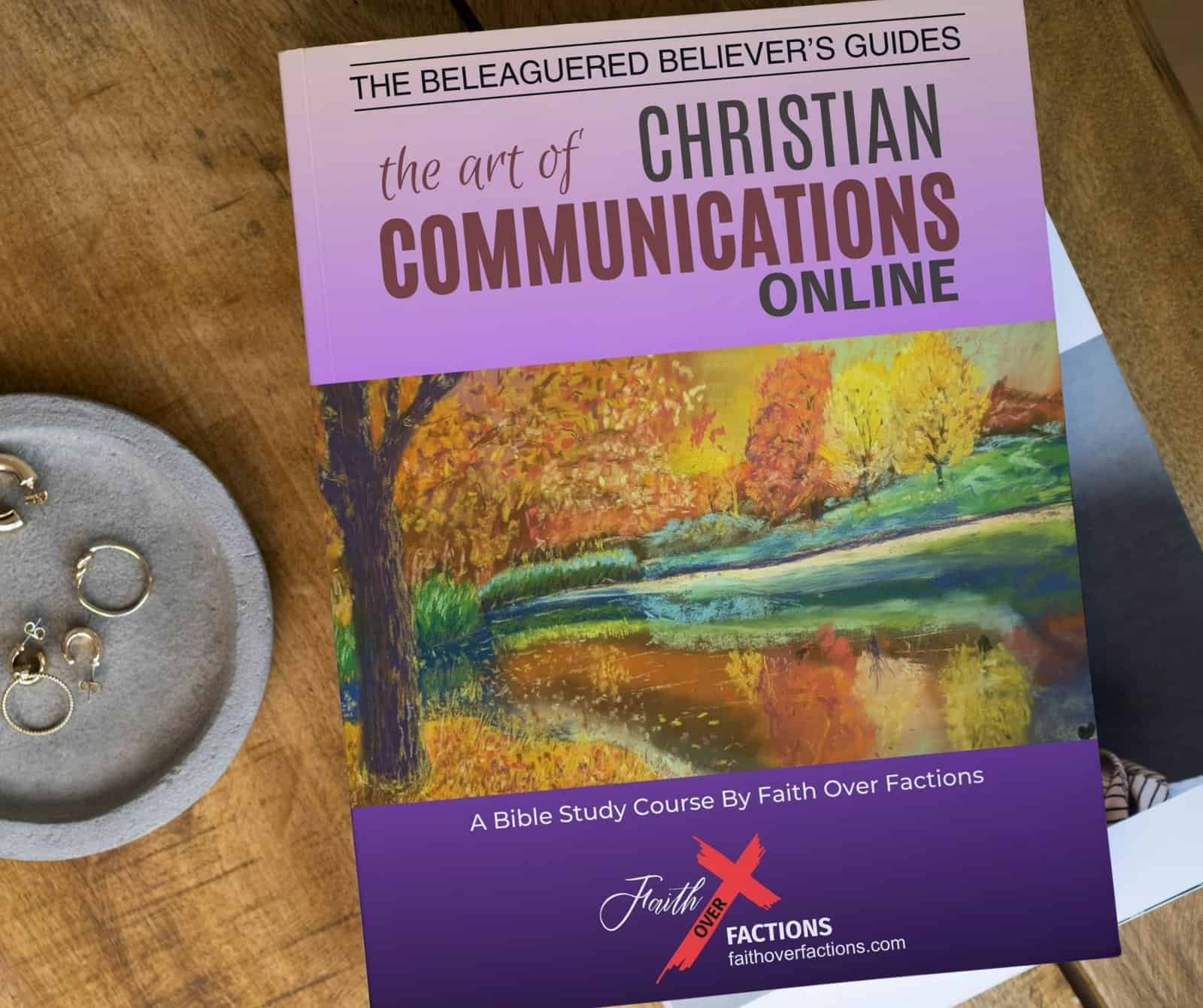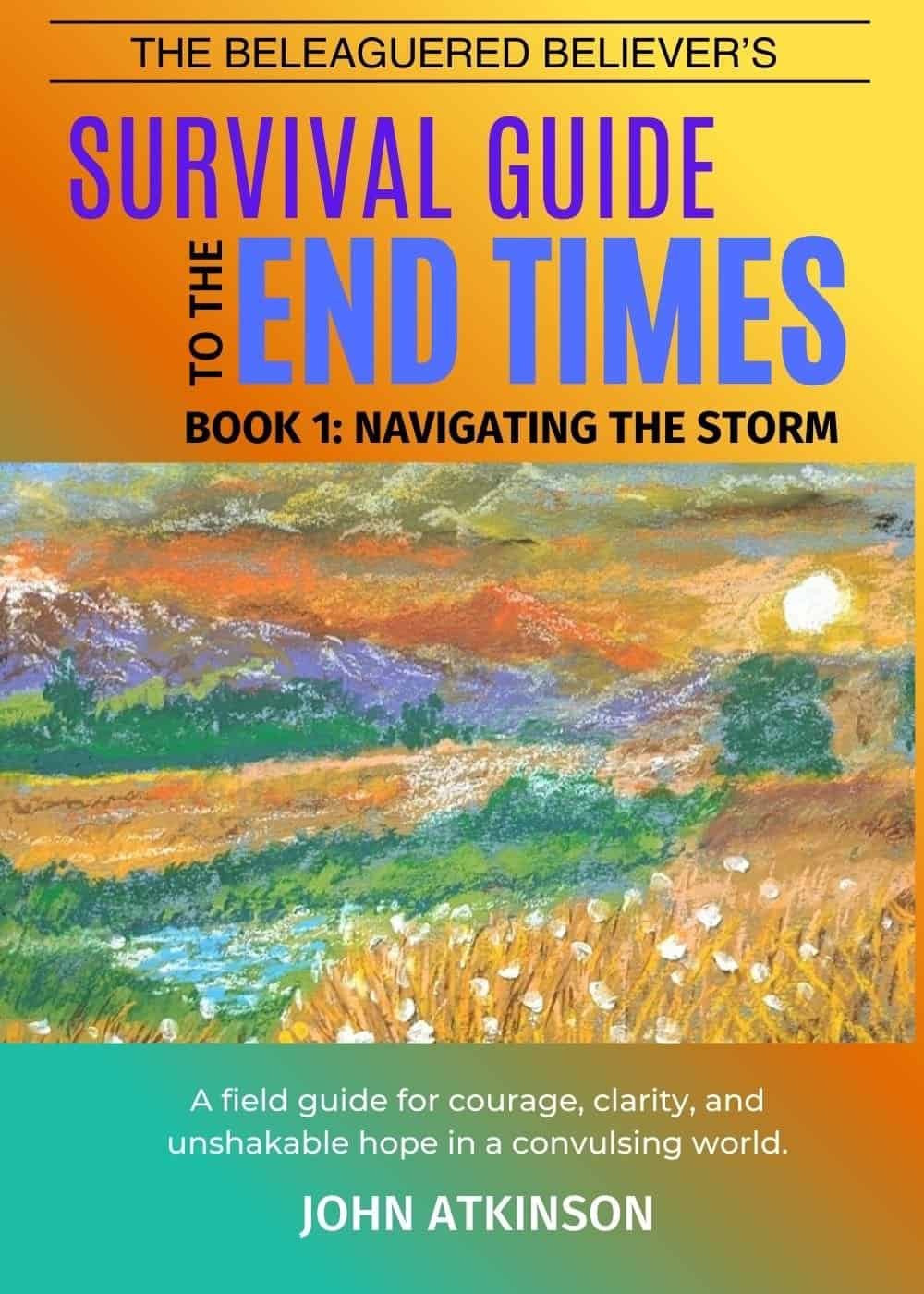What Does It Mean to Stay Tender in an Age of Turmoil?
We weren’t made to carry this much horror. School shootings. Hate crimes. Climate-change fueled natural disasters. Politically motivated violence. Bombings. Livestreamed executions. Entire towns drowned or burned to the ground. The weight of tragedy is no longer a surprise—it’s an expectation. It shows up in our social media feeds, our headlines, and our neighborhoods. Accusations and blame fly with a speed only attainable by divisive rhetoric. Instead of prayer and empathy: the hatred that only uncertainty and fear can make dominate the commentary.
And if we’re honest, some of us are scared of going numb. We fear that our hearts might freeze to protect themselves. That we might get used to this.
How do we keep our souls tender in a world so harsh and jagged? How do we mourn when mourning feels never-ending? Can we live with open hearts when every day seems to offer more reasons to shut down?
How do we stay soft enough to weep and strong enough to act, without being crushed under the weight of it all? Can we still care when compassion feels dangerous and burnout looms? The answer is yes—but not by our own strength. The answer lies in God’s invitation to receive a new heart.
Anchor in the Word
Key Verse
And I will give you a new heart, and I will put a new spirit in you. I will take out your stony, stubborn heart and give you a tender, responsive heart.
Ezekiel 36:26 (NLT)Key Scripture Context
Ezekiel was speaking to a broken people—exiled, traumatized, and spiritually desensitized. The nation of Israel had turned away from God, entrenched in idolatry and injustice. Their hearts were no longer sensitive to the suffering around them, nor to the voice of their Creator.
God does not chastise them merely to condemn. He offers the most intimate promise: to take out their hardened hearts and replace them with hearts that feel again. Hearts that beat in time with mercy, justice, and divine compassion.
This was not about superficial change. It was deep, soul-level surgery. And it still is. The same God who spoke through Ezekiel speaks now—to us, to this culture, to a weary Church, to those numb from repeated sorrow. He is still offering tender hearts to those who dare to receive them.
What We’re Facing
When Horror Becomes Background Noise
We live in a culture of constant crisis. Headlines of mass shootings flash before we've finished breakfast. Footage of wildfires tearing through entire towns. Stories of displaced families after hurricanes, heatwaves, and floods. Children lost to bullets. Families lost to fentanyl. Democracies trembling under the weight of hate-fueled rhetoric.
It is no wonder we find ourselves turning away, retreating inward, growing numb. It feels like too much because it is too much.
We’re overwhelmed by what Richard Rohr calls the "tragic sense of life"[1]. This growing awareness of sorrow and injustice can either tenderize us or desensitize us. The danger isn’t in feeling overwhelmed—it’s in choosing numbness as a permanent state.
God did not make us to live numb. He formed us in His image—and God feels deeply. Scripture doesn’t shame our overwhelm; it calls us into His presence where hearts can be softened again. As it says, "I will give you a tender, responsive heart" (Ezekiel 36:26).
Then and Now—Drawing Parallels
In Ezekiel’s day, the people of God were living in the ruins of their own failure. Corruption was rampant. The prophets spoke of princes who devoured the people, priests who violated the law, and citizens who shed innocent blood (Ezekiel 22:25-29). The society was drowning in injustice, and the people's hearts had grown cold.
Today, we see reflections of this same condition. Leaders who exploit. Institutions that protect power instead of the vulnerable. Climate disasters made worse by greed and neglect. A public too weary or distracted to act. Our hearts, too, are at risk of calcifying under the weight of the news cycle.
But God’s invitation in both times is the same: return to Me, and I will remake your heart. Walter Brueggemann writes,
"The prophetic task is to nurture, nourish, and evoke a consciousness and perception alternative to the consciousness of the dominant culture"[2].
That consciousness begins when we refuse to normalize the numbing.
To be prophetic in this age is to stay soft when the world demands we harden.
Theological Truth in Plain Language
God doesn’t want you numb. He wants you new.
Newness begins not with hustle, but with surrender. With prayer. But not performative, distant prayer. Real prayer. Honest, aching, gut-level prayer that aligns our hearts with God’s. That is where "thoughts and prayers" become more than slogans—they become sacred resistance. When we truly pray, we are not escaping the world’s pain; we are embracing God’s heart for it.
E.M. Bounds reminds us,
"Prayer fills man’s emptiness with God’s fullness. It gives a vision of possibility, not just survival"[3].
Prayer turns us from passive spectators into Spirit-filled responders. It is in this posture of spiritual attentiveness that we learn to weep again. To mourn what God mourns. To see what God sees.
Christian theology teaches that Jesus is Emmanuel—God with us. Not God above atrocity. Not God ignoring disaster. He is with us in it. If God has not turned away from suffering, neither should we.
Practical Moves of Faith
Acknowledge the Numbness
You don’t have to fake strength. Begin by noticing what you’ve stopped reacting to. Is it gun violence? Climate collapse? Racial injustice? Is it easier to scroll than to feel? That’s not sin—that’s a signal. Write it down. Say it aloud. Ask: Where have I stopped letting God in?
Return to the Word
Revisit Ezekiel 36:26. Don’t just read it—let it read you. Meditate on each phrase. Pray: God, make my heart responsive again. Pull out what has hardened. I want to feel what You feel.
Use the Psalms as a guide. They are full of tears, rage, despair, and hope. They remind us that faith does not silence emotion—it sanctifies it.
Let Grief Teach You
Grief is sacred. Jesus wept at the tomb of a friend (John 11:35). He grieved over Jerusalem (Luke 19:41). When you grieve, you walk in the footsteps of your Savior.
Take time to lament. Write a prayer. Light a candle. Speak the names of the lost. Weep with the families. Cry for the Earth. These are not empty gestures. They are how hearts stay alive.
Pray Like It Matters
Because it does. Let your prayer be full of raw honesty. Rage, sorrow, longing—bring it all. God does not need polished words; He longs for surrendered ones. Aligning with God in prayer is not passivity. It is power redirected.
Prayer trains our empathy. It deepens our compassion. It prepares us to act. As Karl Barth said,
"To clasp the hands in prayer is the beginning of an uprising against the disorder of the world"[4].
Do One Small Act of Mercy
Tenderness becomes real through action. A note of comfort. A generous gift. A shared burden. These things may seem small, but they are seeds of resurrection.
Every time we choose mercy over apathy, we push back the dark.
More Light for the Journey
Matthew 5:4 (NLT)
"God blesses those who mourn, for they will be comforted."
→ Mourning is not weakness. It is the doorway to divine consolation.Romans 12:15 (NLT)
"Be happy with those who are happy, and weep with those who weep."
→ Empathy is the shared rhythm of the Spirit.2 Corinthians 1:3-4 (NLT)
"He comforts us in all our troubles so that we can comfort others."
→ Compassion flows from the comfort we first receive.Psalm 34:18 (NLT)
"The Lord is close to the brokenhearted; he rescues those whose spirits are crushed."
→ God’s proximity to pain is a model for our own.Isaiah 58:10 (NLT)
"Feed the hungry, and help those in trouble. Then your light will shine out from the darkness."
→ Compassion ignites light in the darkest places.
Let’s Walk This Out Together
The world is loud with pain. But the whisper of God still calls us: Stay soft. Stay human. Stay mine.
This isn’t about doing more. It’s about becoming more available to the heart of Christ. About learning to listen again. To cry again. To act not out of fear or guilt but love.
Prayer is not avoidance. It is preparation. Numbness is not safety. It is soul decay. You were made to feel deeply, to love boldly, to act gently. Let God renew your heart.
If we stay soft together, we will not break. We will become the Church the world desperately needs.
Share your reflections in the comments or on social media using #StaySoft. Let’s be tender-hearted truth-tellers in a brutal world.
Journaling Prompt
Learning to Feel Again
• What grief or image in the news have I turned away from lately?
Write down what you couldn’t bear to look at. Ask God to meet you there.
• What might it look like to be tender and faithful in this moment?
Reflect on how your compassion can become prayer, and your prayer can become action.
[1] Richard Rohr, Everything Belongs: The Gift of Contemplative Prayer (Crossroad Publishing, 1999), p. 88.
[2] Walter Brueggemann, The Prophetic Imagination, 2nd ed. (Fortress Press, 2001), p. 3.
[3] E.M. Bounds, The Necessity of Prayer (Baker Book House, 1976), p. 14.
[4] Karl Barth, quoted in Eberhard Busch, Karl Barth: His Life from Letters and Autobiographical Texts (Wipf & Stock, 2005), p. 213.






